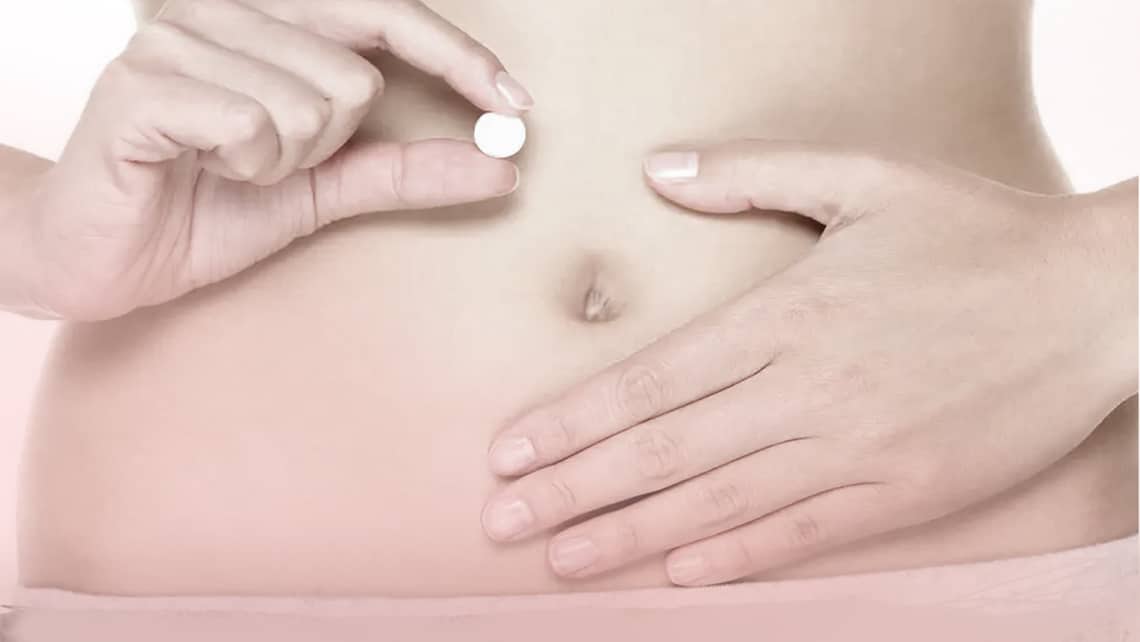
Vaginal probiotics: what they do and how they help to achieve pregnancies
The microbial species in a woman’s vaginal flora play an important role in good health and prevention of infections. Over 50 microbial species have been identified. Personal hygiene and a healthy, balanced diet are key to maintaining a balance in vaginal flora. Adequate use of probiotics can also help restore vaginal bacterial flora.
Índice
What are vaginal probiotics?
The word ‘probiotic’ stems from Greek and means ‘for life’. The term was first used by Lilly Stilwell to define probiotics as microorganisms that stimulate growth in humans and animals. Later, in 1989, probiotics were defined as food supplements and live bacteria that can improve the function of the host’s digestive tract.
Today, according to guidelines published by the Ministry of Health in Spain, a probiotic is a live microorganism which, when taken in the right quantities, can have a beneficial impact on our organism.
Specifically, vaginal probiotics are defined as microorganisms that play a positive role in the vagina.
What do vaginal probiotics do?
The microbiota in the vagina consists of a large quantity of bacteria, of which lactobacilli are the most predominant. Microbiota are key to good health in female genitals, for maintaining a woman’s reproductive function and for pregnancy.
Vaginal probiotics are responsible for repopulating and repairing the microbiome in the intestines, vagina and bladder when there is some form of imbalance or dysbiosis.
Eating well and taking probiotics can influence the composition of gut microbiota, improve its integrity and impact maintenance and recuperation of normal vaginal microbiota by retaining an acidic environment and an ideal pH (3.8 to 4.5).
When should a woman use vaginal probiotics?
Several studies have shown that using vaginal probiotics can help to prevent and treat urogenital infections. For example, vaginal candidiasis, bacterial vaginosis, vulvovaginal candidiasis, recurrent cystitis, etc.
The most common probiotics are the bacteria in the Lactobacillus family. Lactobacilli activate a series of mechanisms to protect and defend the vaginal mucous against aggressions from pathogenic microorganisms.
How long do they take to have an effect?
A daily dose of probiotics is approximately a billion a day. Gynaecologists determine the duration of the treatment, which tends to range between two weeks and three to four weeks. Since there is a risk of a relapse, the duration of the effect of probiotics cannot be determined and cyclical maintenance treatment may be needed.
Types of administration
Probiotics can be administered orally or vaginally. In both cases, they can be purchased without the need for a prescription, but consulting a doctor is advised.
Oral
Oral lactobacilli treatment has been available since 2001. The average lifespan of oral probiotics is longer than vaginal probiotics. The viability of the strains of bacteria passing through the stomach and intestine is important. In addition, the quantity of lactobacilli is lower than in vaginal administration. One advantage is the ability of lactobacilli to decrease the risk of yeast infections and pathogenic bacteria when administered.
Vaginal
Vaginal administration of probiotics is direct and, as such, the lifespan can be shorter. These probiotics can be taken in larger quantities than lactobacilli that are taken orally. Since this was the first means of administration that was developed, there are many different types of probiotics of this kind on the market.
The benefits of probiotics in assisted reproduction
Several studies have demonstrated a link between vaginal dysbiosis and infertility.
Administration of probiotics improves the results of in vitro and natural reproduction techniques. It has been demonstrated that certain lactobacilli improve bacterial flora in the vagina by increasing the presence of cytokines that favour embryo implantation and decrease the chances of premature births and pregnancy losses. Lactobacilli are also important for men and appropriate use can have a positive impact on the quality of semen.
Dr Elena Antonini, embryologist at Instituto Bernabeu
Bibliography
- The role of diet and probiotics in prevention and treatment of bacterial vaginosis and vulvovaginal candidiasis in adolescent girls and non-pregnant women (Malgorzata M. et al., 2020)
- Vaginal microbiota and the use of probiotics (Sarah C. et al., 2009)
- The Role of Lactobacillus Probiotics in the Treatment or Prevention of Urogenital Infections (Abad C.L., Safdar N., 2013)
